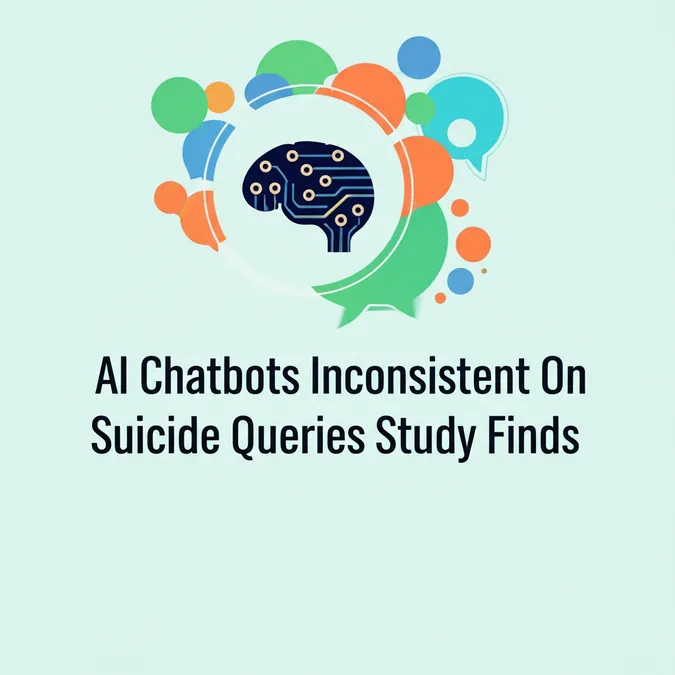Developer Offer
Try ImaginePro API with 50 Free Credits
Build and ship AI-powered visuals with Midjourney, Flux, and more — free credits refresh every month.
AI Reshapes Search Market And Saves Google
In a surprising turn of events, the rise of ChatGPT may have just saved Google. The ruling in the landmark United States v. Google case, one of the most important in technology history, confirmed the company's monopoly in the search business. However, the punishment was significantly lighter than many expected. The reason, as Judge Amit Metha mentioned 133 times in his ruling, was a single, powerful force: AI.
How Generative AI is Redefining Search
Generative artificial intelligence systems like ChatGPT have become the most influential technological revolution of the last decade. Unlike traditional search engines that return links to web pages, these powerful tools deliver direct and personalized answers, fundamentally transforming how millions of users find and interact with information online.
If this case had concluded just three years ago, Google could have faced severe penalties, potentially even the forced sale of its Chrome browser. Paradoxically, the very technology that poses the biggest threat to its dominance has now softened the legal verdict against it.
The Courts Landmark Ruling on AI
The court's decision recognizes that generative AI is transforming the search landscape. Services like ChatGPT, Claude, Perplexity, and Google’s own Gemini are redefining the user experience. The familiar list of blue links is being replaced by AI Overviews—AI-generated summaries that synthesize information from multiple sources. Google's new AI Mode even encourages conversational searches, where users engage in a dialogue with the system rather than just clicking on links.
Because of this shifting landscape, Judge Metha ruled out drastic measures. Instead of breaking up the company, he decided that Google must share search data with its competitors and limit exclusivity contracts with partners such as Apple.
“Google remains the dominant firm in the relevant product [search] markets. No rival has managed to fight Google’s market share. And no new competitor has entered the market. But artificial intelligence technologies, in particular generative AI (“GenAI”), may end up changing the rules of the game.”
This decision is unprecedented, as it acknowledges that competition now hinges on the ability to integrate generative AI, not just on controlling browsers and links.
Industry Reactions A Slap on the Wrist
Not everyone sees the ruling as a victory for competition. Gabriel Weinberg of DuckDuckGo believes the decision still allows Google to maintain a dominant position that stifles true free competition, even within the AI field.
Tim Sweeney, CEO of Epic Games, was far more critical, delivering a sharp critique of the verdict:
It’s like a defendant robbed a series of banks and the court verdict found them guilty, then sentenced them to probation under which they may continue robbing banks but must share data on how they rob banks with competing bank robbers.
— Tim Sweeney (@TimSweeneyEpic) September 2, 2025
Critics argue that calling this an “innovation” sidesteps the core accusations against the company.
The Future of Search in an AI Driven World
Google has escaped a massive fine and has lost much less than it could have. However, it must now navigate a new stage in the technological era. AI may have opened the door for a lighter sentence, but it also signals that Google's long-standing monopoly is no longer untouchable.
Compare Plans & Pricing
Find the plan that matches your workload and unlock full access to ImaginePro.
| Plan | Price | Highlights |
|---|---|---|
| Standard | $8 / month |
|
| Premium | $20 / month |
|
Need custom terms? Talk to us to tailor credits, rate limits, or deployment options.
View All Pricing Details

